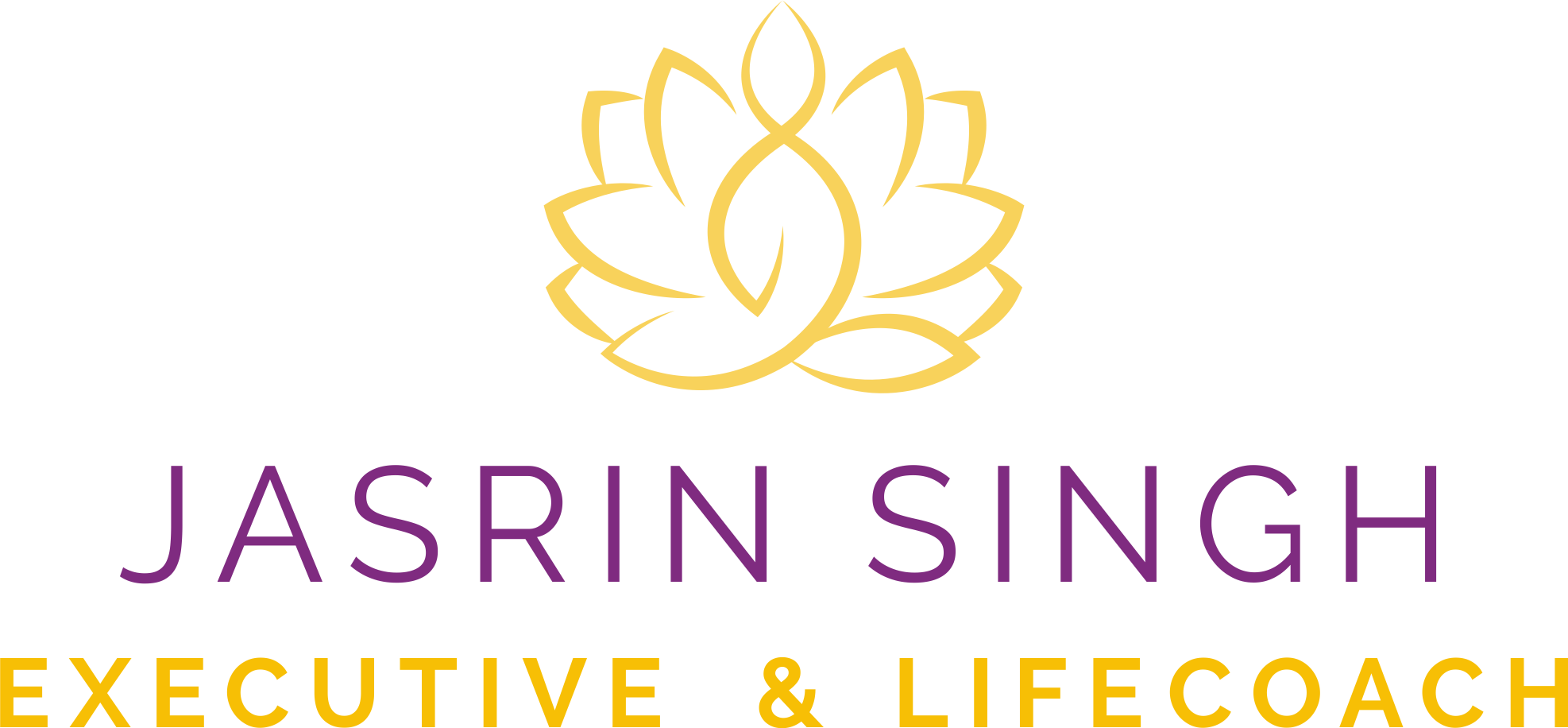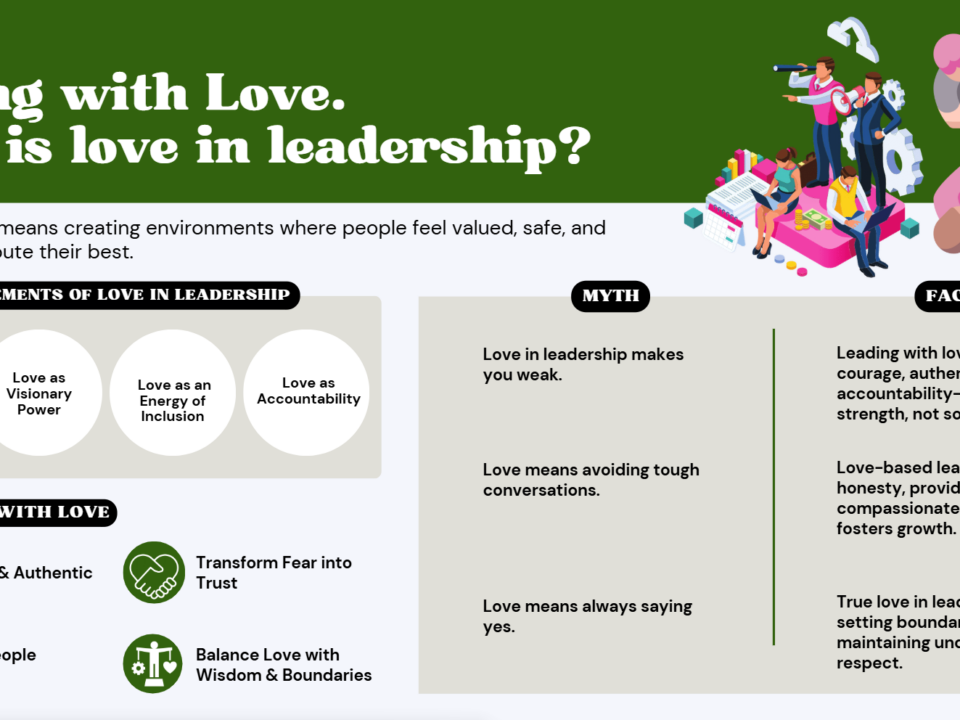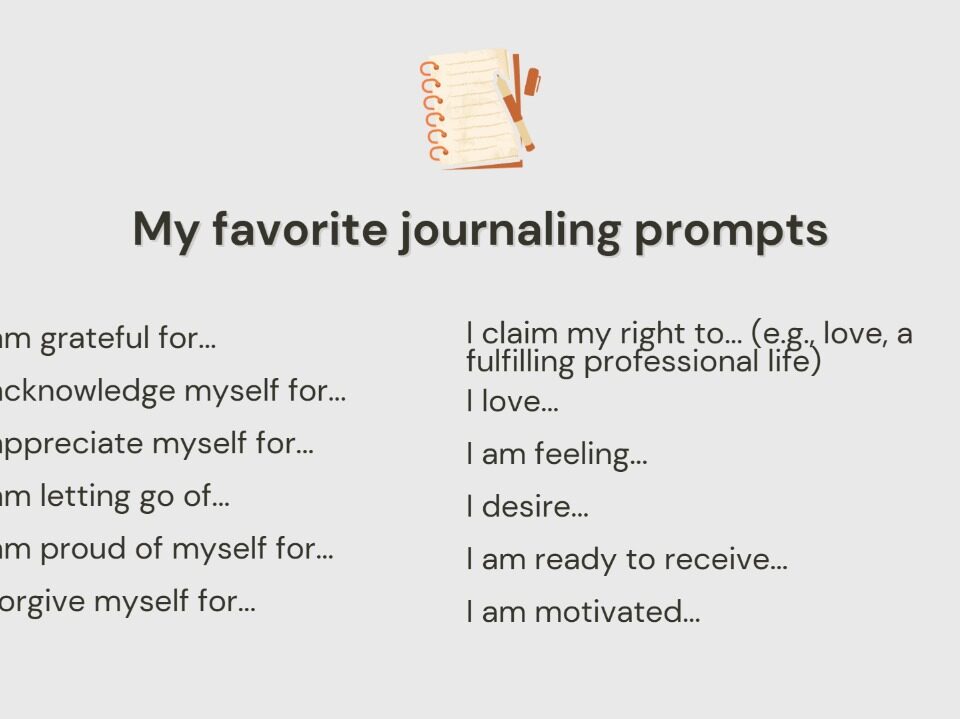
A Personal Story – My Shadow and The Power of Unconditional Love
December 24, 2019
Using transitions for success
February 20, 2020intelligence: how to build a relationship
Emotional intelligence or emotional quotient (EQ) versus intellectual quotient (IQ), the debate between the two has been going since the time immemorial. While intellectual quotient is a measure of one’s cognitive intelligence level, emotional quotient is the measure of a person’s emotional intelligence.
Having an intellectual quotient is an advantage but having emotional intelligence can make a stark difference to your studies, career and life as a whole. EQ is the main factor that manages your relationships and feelings. It is your ability to identify, evaluate, control and express emotions. According to studies, within an organization, emotional quotient has a greater impact on your success than your intelligence quotient.
Man is a social animal. In the words of Dale Carnegie, “In every sphere of our lives, we are dealing with people, we are not dealing with creatures of logic but with creatures of emotion.” It is important to have your emotional abilities in hand to be able to build effective relationships. According to John Hancock, “The greatest ability in business is to get along with others and influence their actions.”
Emotional intelligence comprises of two keys skills- personal competence and social competence. Let’s find how these skills can be used to build and strengthen relationships-
- Personal competence is about the individual and has two components:
- Self-awareness- Having an understanding of your own emotions as an individual helps you introspect and evaluate your own behaviour and reactions. Self-awareness can be developed by recognizing your feelings, identifying your triggers and being able to control your own emotions. It is the first step in improving your emotional quotient.
- Self-management- Individuals who have mastered self-awareness know how to manage and control their own behaviour and reactions. It is your ability to use your awareness to stay flexible and mould your behaviour positively.
The rule to practice self-management is not letting your emotions influence your decision making. Emotional self-control which means staying composed, poised and in control is the most important component of self-management.
- Social competence is about others and has two components:
- Social-awareness- It is about being empathetic about other people’s moods, behaviours and working styles. It helps you build strong, productive and mutually beneficial working relationships by adapting to their needs. Social awareness can be cultivated by actively listening to others and by expressing interest in them. Connect with them on a personal level, talk to them about their hobbies and interests. The more you know about them and the more they know about you, the more fruitful your mutual relationship is.
- Relationship management- It is your ability to manage interactions with others successfully by making optimum use of self-awareness and social-awareness effectively.Relationship management is developed by communicating more with your colleagues and adapting your communication style as per their needs. Appreciate others, be positive and respect people. This helps nurture and maintain strong relationships which directly transforms to increasing your credibility with your colleagues.
The thumb Rule is that you can effectively engage those individuals with whom you have built strong relationships through emotional bonding and trust. By working together with your team, you can bring positive results based on your collective insight and efforts.




